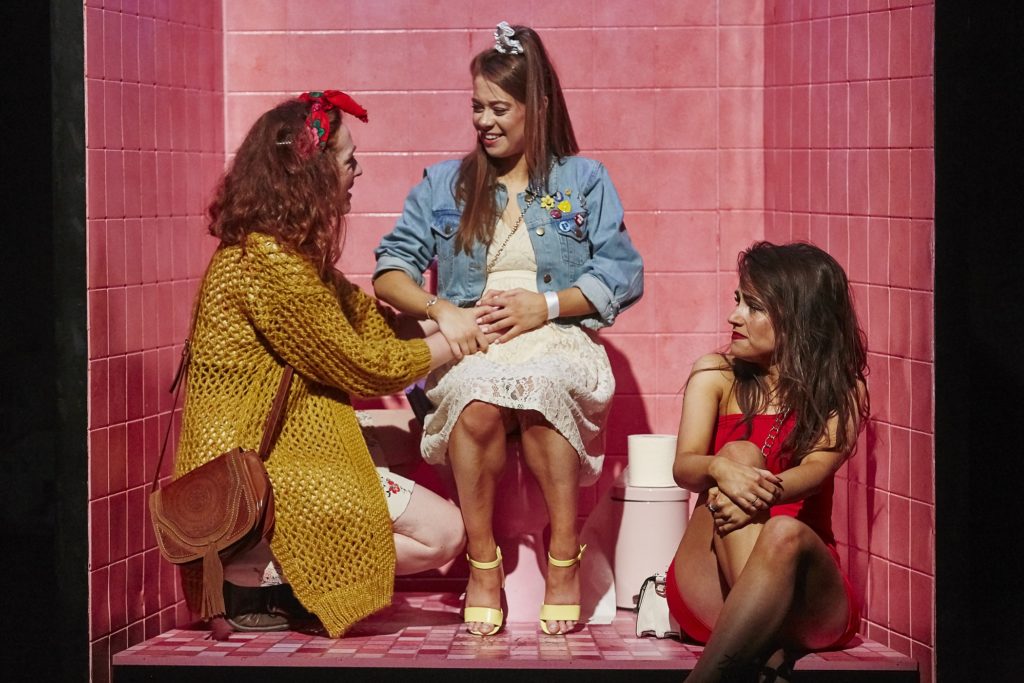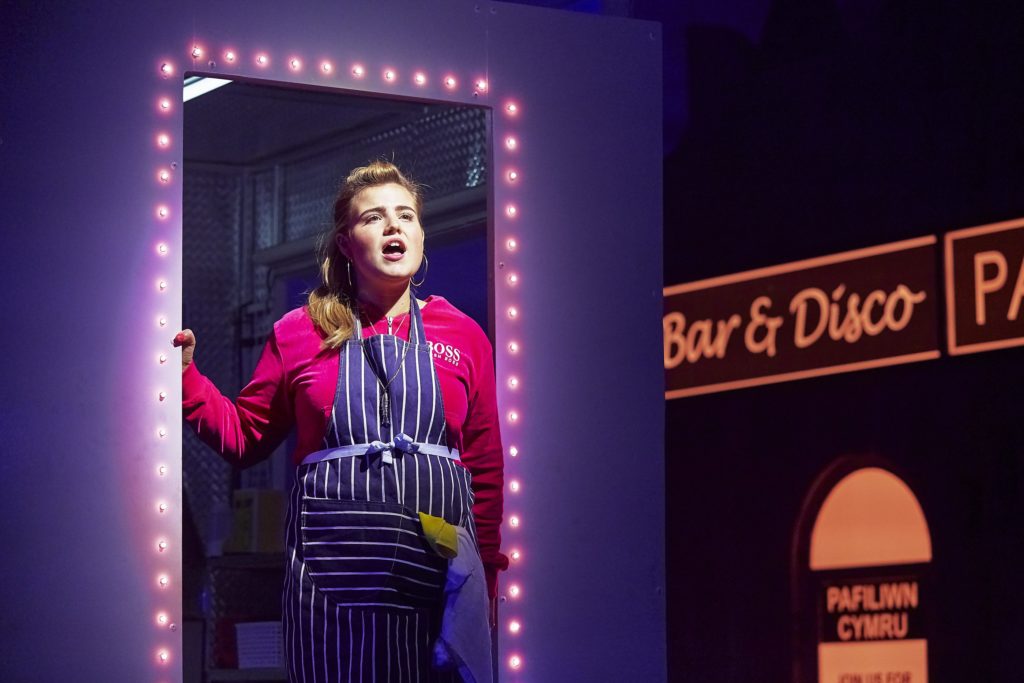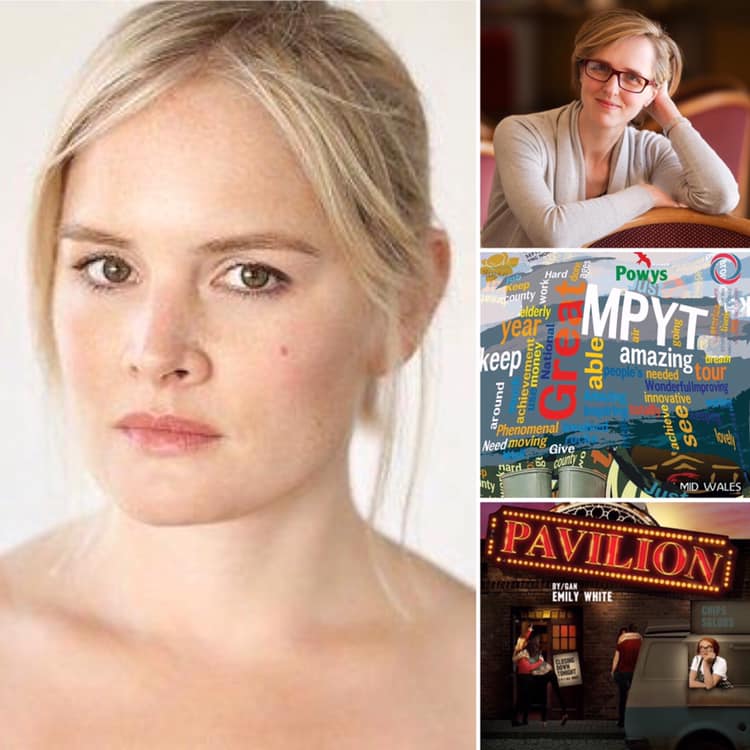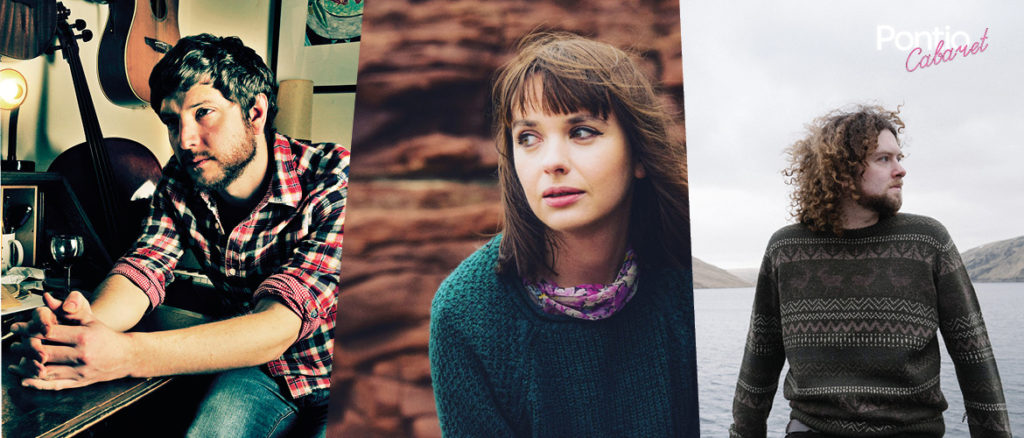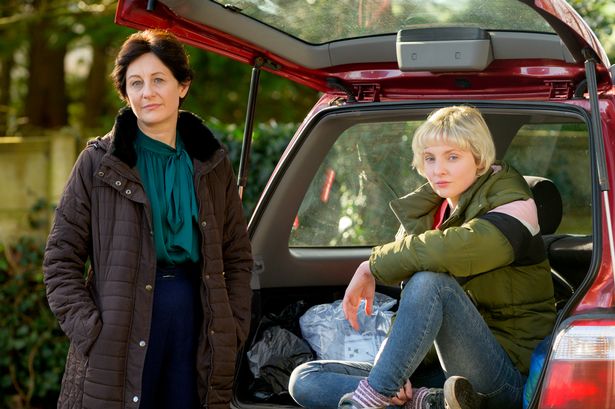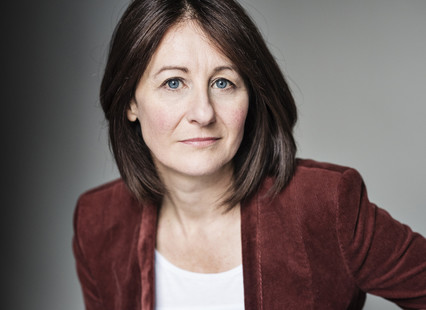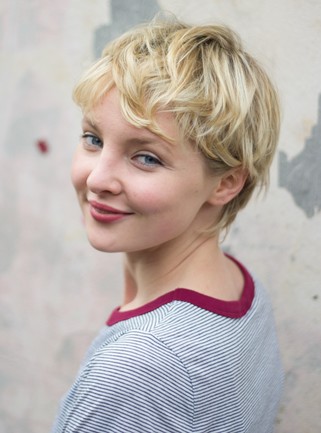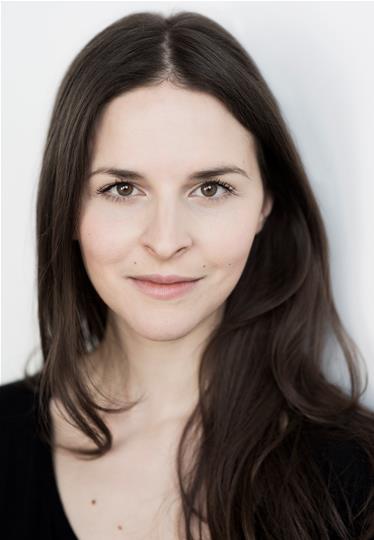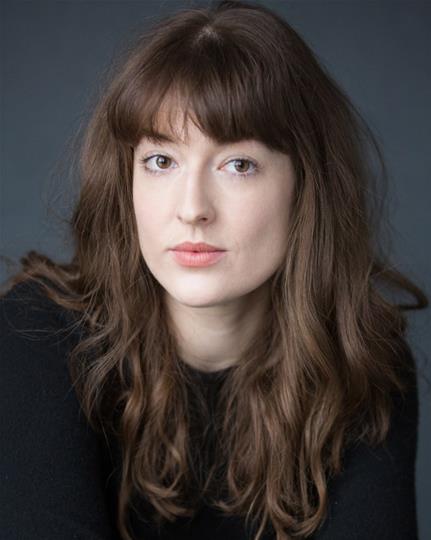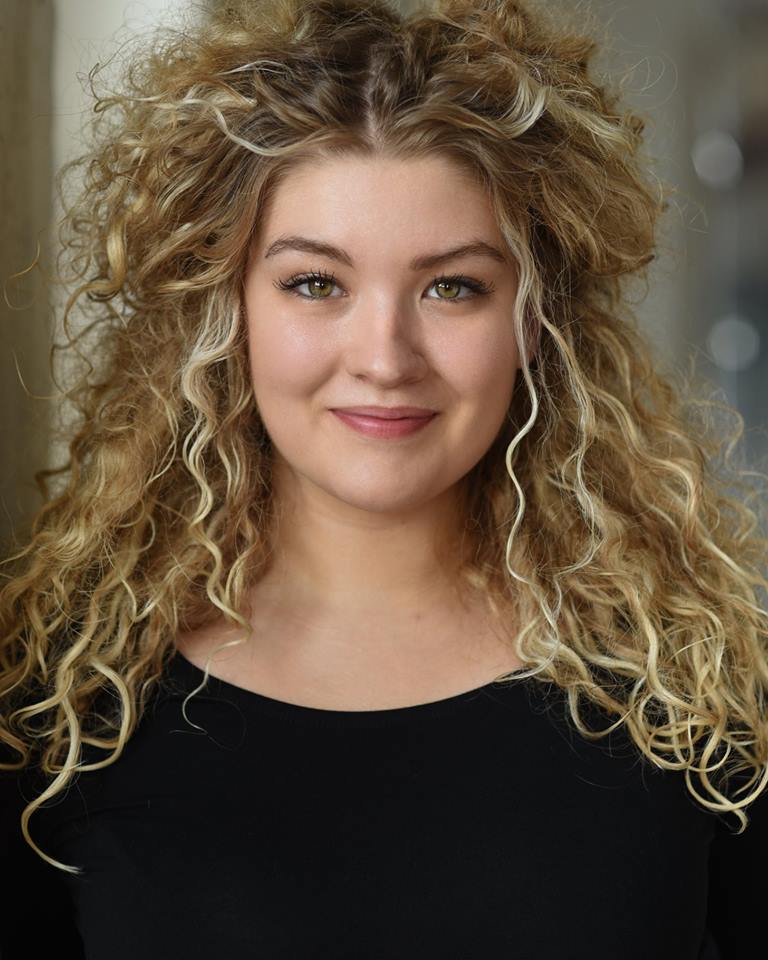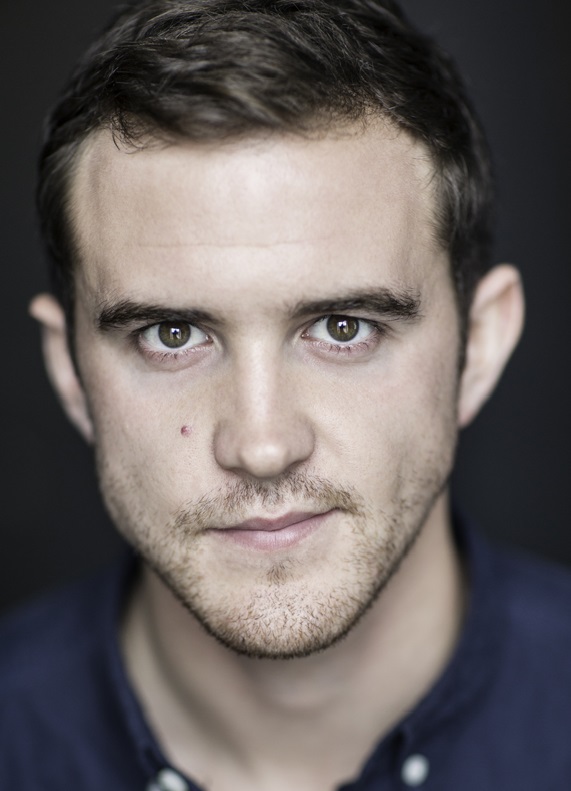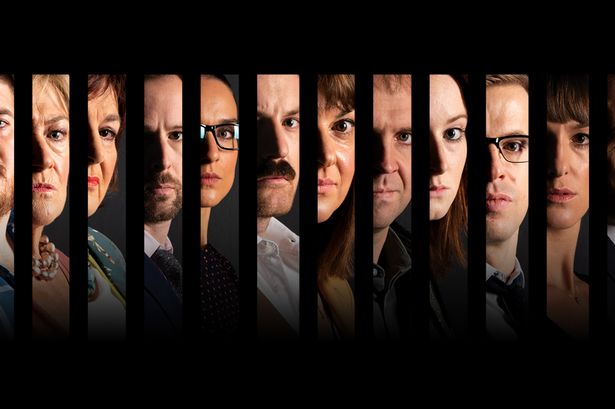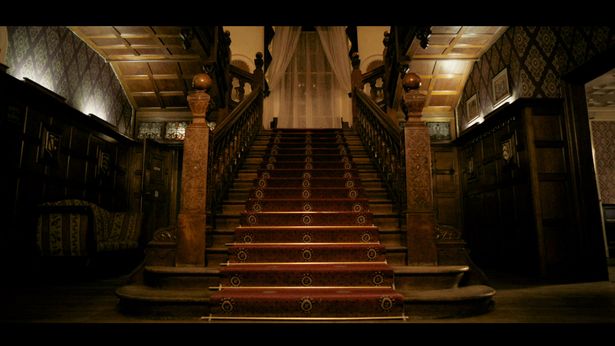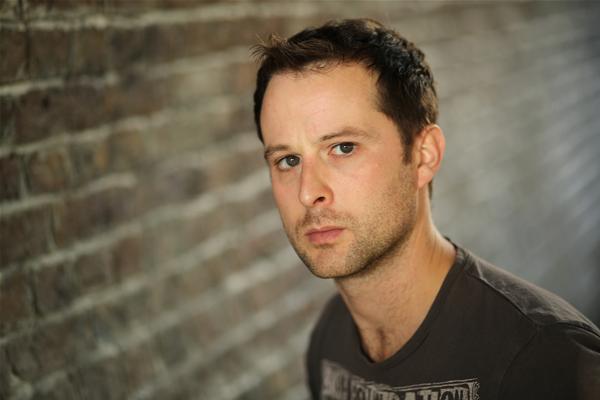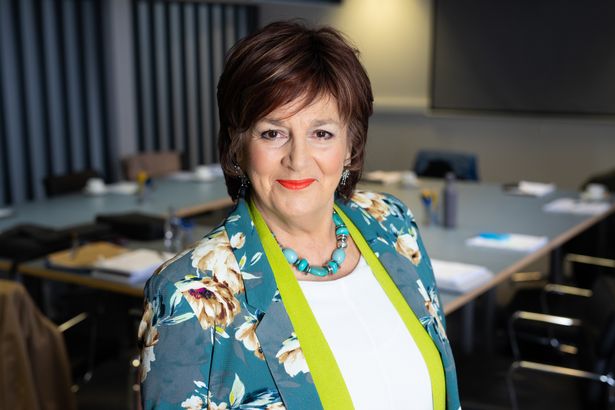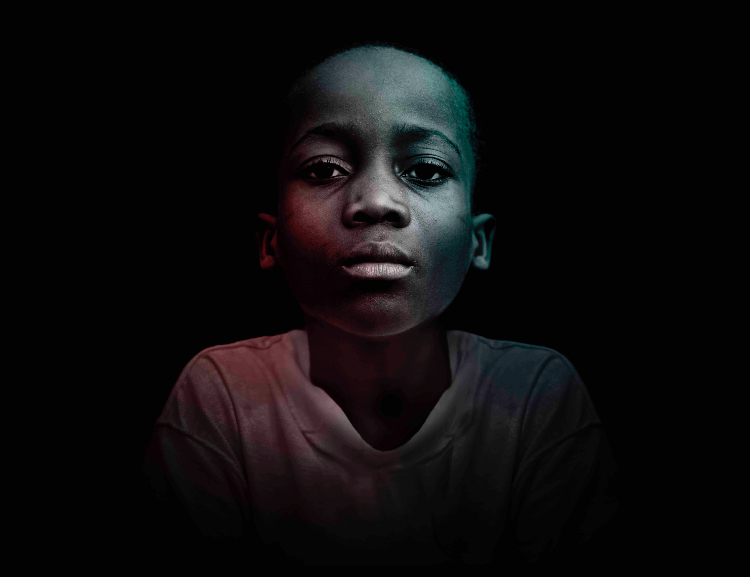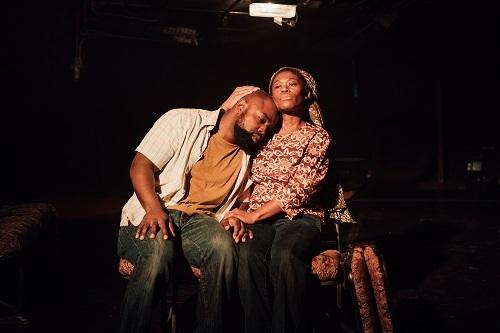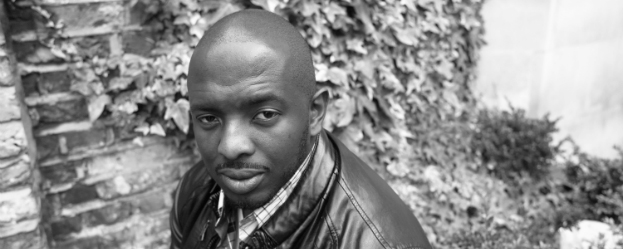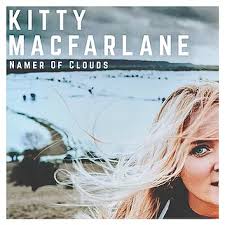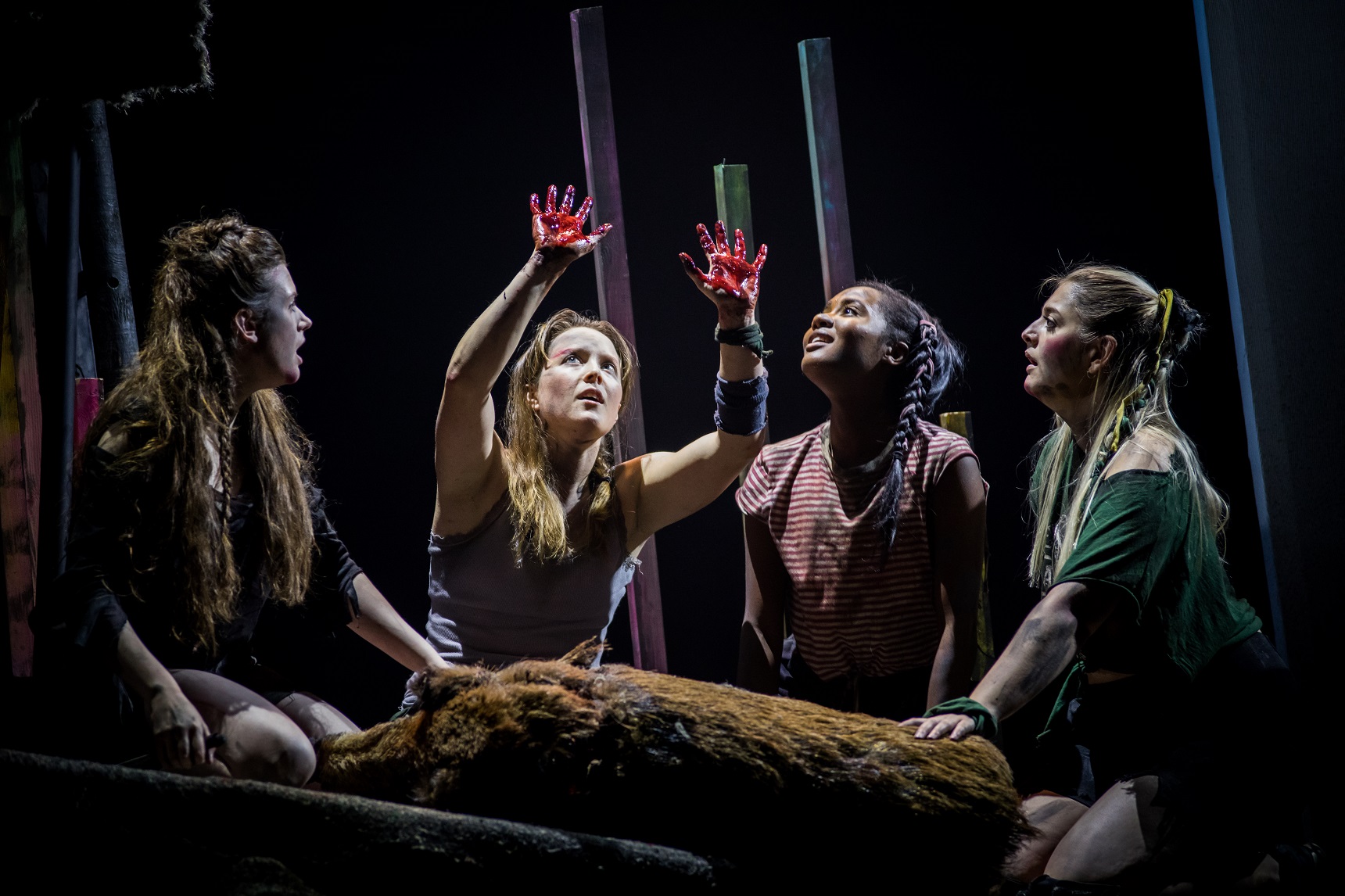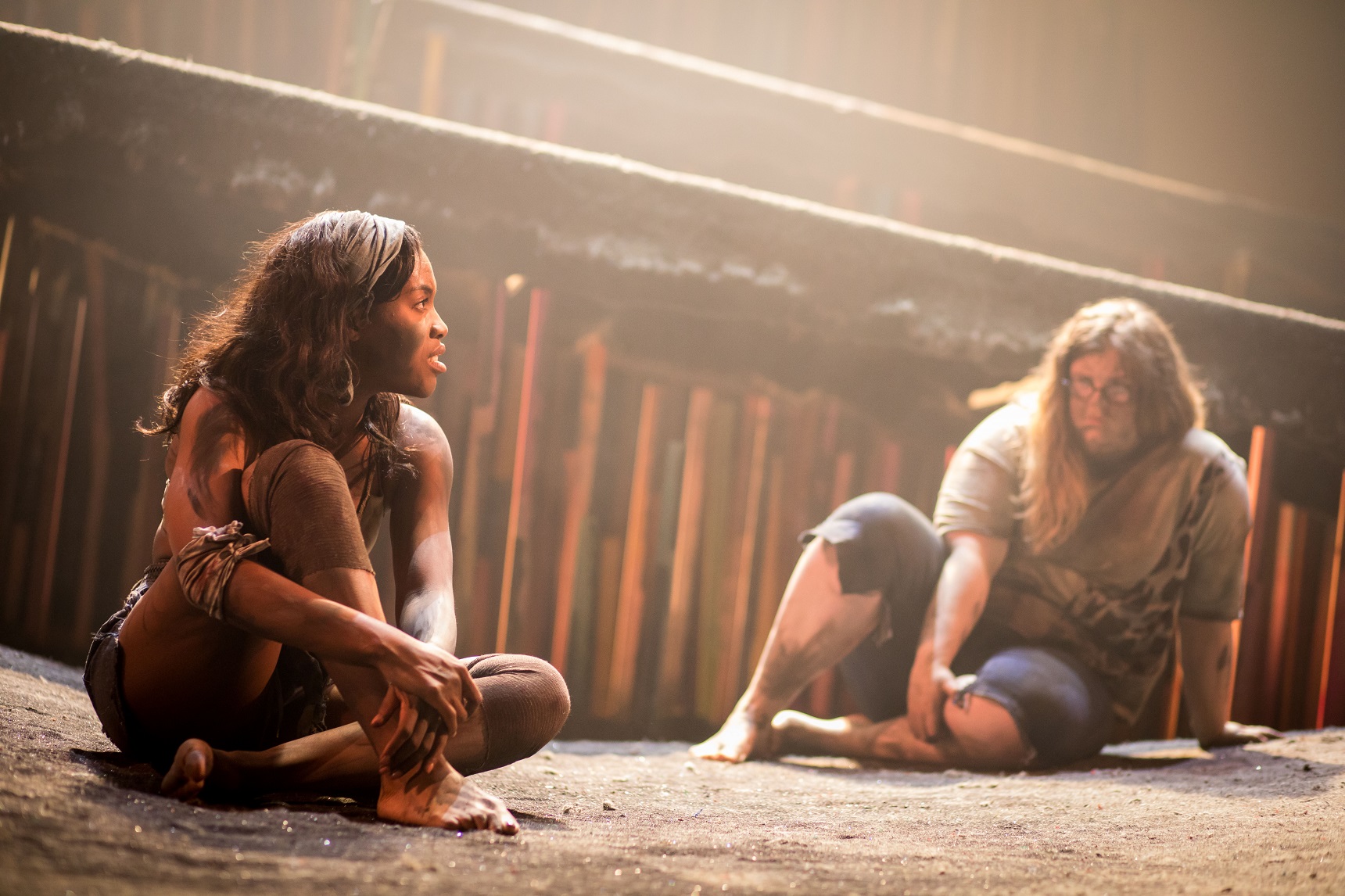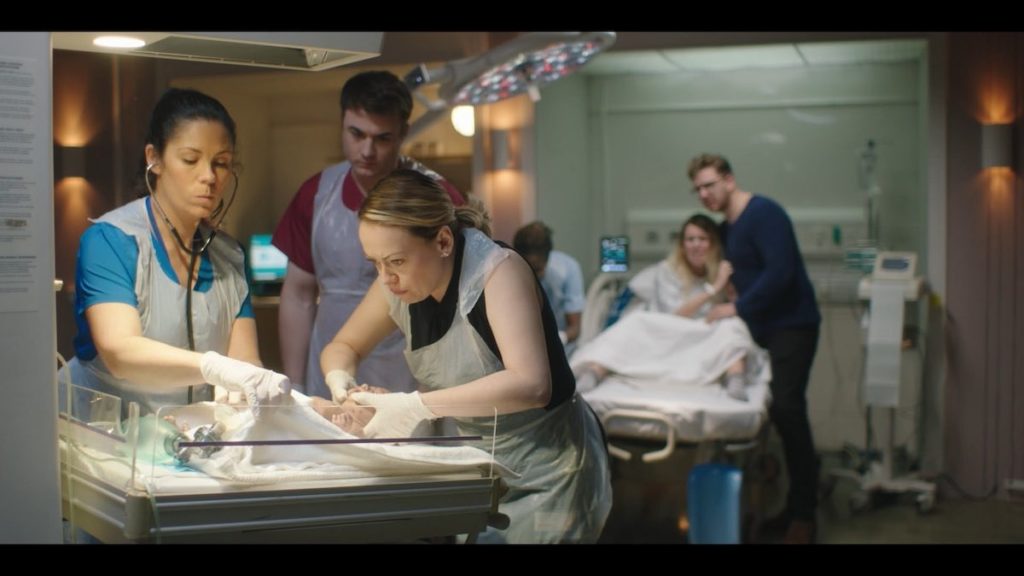
 (3 / 5)
(3 / 5)
It is a rare but pleasant site to see North Wales used as the setting for TV drama. The mountains of Snowdonia offered a bleak and stunning backdrop to last year’s hit Hidden. Now, it is Conwy’s green and rugged coast that provides the scenery for Pili Pala. Translated as ‘Butterfly’, this four-part series stars Sian-Reese Williams as Sara Morris, senior consultant in a Fetal Medicine Department. When she agrees to take on her pregnant friend Elin (Fflur Medi Owen) as a patient, it is against the advice of colleagues. Their concern appears to be warranted when it becomes clear that there is a problem with her baby’s growth, resulting in both Sara and Elin facing some difficult decisions that will have significant repercussions.
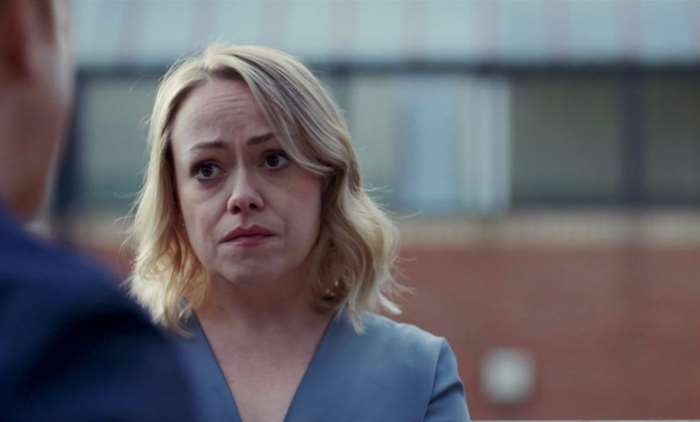
Pila Pala may be a slow burner, but it is worth sticking with it. Unlike Keeping Faith, where the drama unfolds out of extraordinary circumstances, here it gradually builds out of the ordinary, the everyday. The first episode may feel slightly pedestrian in pace and tone. However, as the characters make choices in the various moments of their daily lives, it is the consequences that come with them that make this a progressively engaging narrative. In particular, I appreciated the writer Phil Rowlands’ exploration of the personal and professional blurring, on both an ethical and human level, and the interactions, pressures and problems that arise as a result.
It is just a shame that his story was restricted to a mini-series. Its steady build-up of tension and the strains and stresses that are placed on the characters lead to so many different and fascinating strands being produced. Yet they all feel as if they are required to suddenly be tied up in the final episode. Reese-Williams’ performance was beginning to show signs of Eve Myles-like frustration with the situation that her character finds herself in. Instead of being given the space and time to fully explore the ramifications and resultant emotions however, it appeared that (production? budget?) constraints cut short what should have ideally been a 6-8 episode run. It warranted as much. The characters certainly had so much more to give.
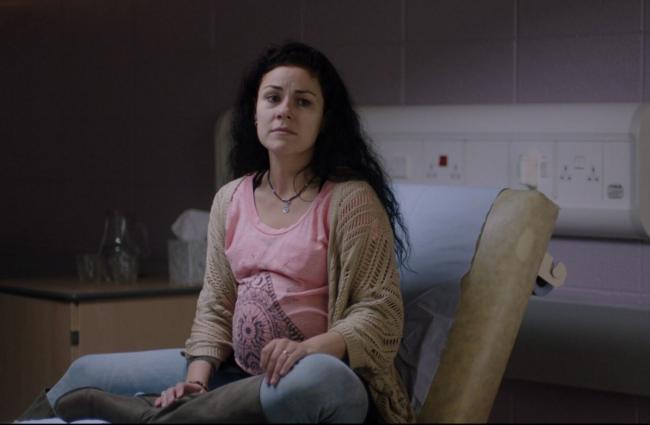
Despite its all-too-brief stint, Pili Pala achieves much. It deals with what might be considered a controversial issue with unashamed ease. It is unafraid to show and explore the impact of high-risk decisions on individuals and their relationships. Sian Reese-Williams is as composed and accomplished as ever. It is refreshing to see Owen Arwyn (Jac) occupy a more sensitive role than the ‘hard man’ we are used to seeing him play. Fflur Medi Owen brings a wealth of nuance and subtlety to Elin. There is certainly nothing wrong with the performances here, only that they haven’t been allowed to flex their acting muscles to their full potential. The momentum that was crafted so brilliantly through the first three episodes seemed to come unstuck in the fourth. Perhaps a second series would solve this. I’m unsure. But S4C must be commended for continuing to invest in original drama. Pili Pala is not a disappointment by any means.
Click here to watch the full series.


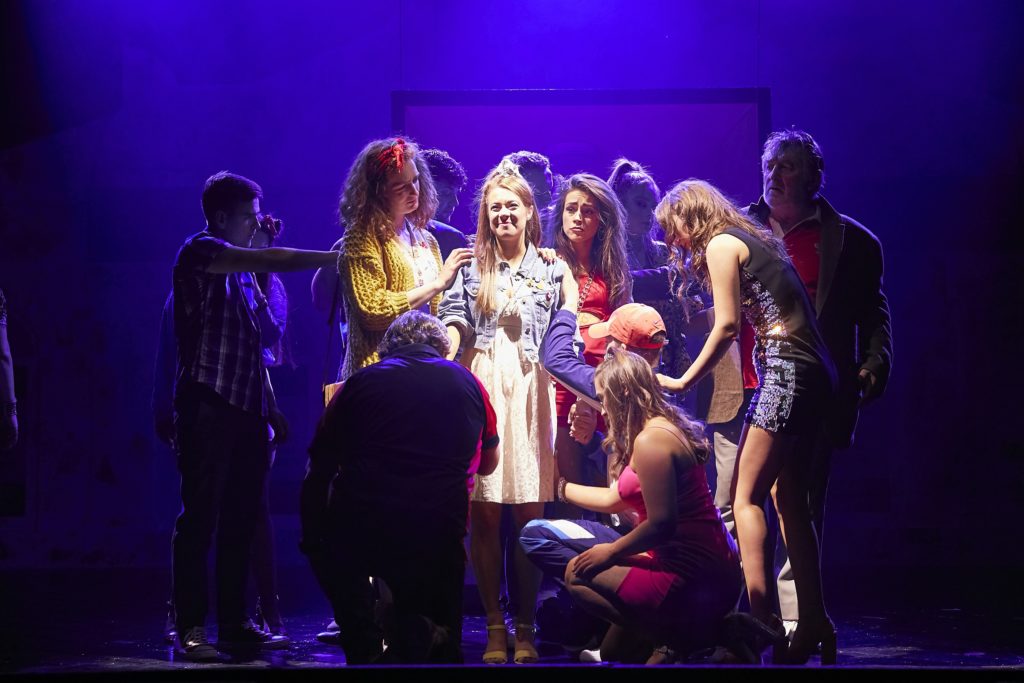
 (4 / 5)
(4 / 5)